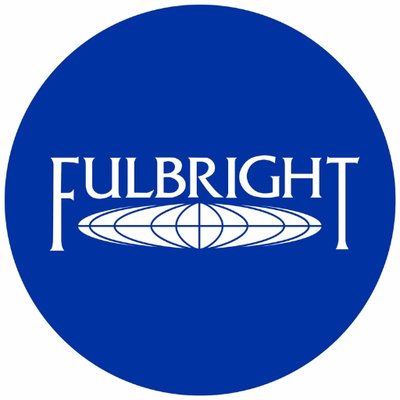Congrats to former Masters student and WELL project team member Destini Petitt on publication of her thesis research conducted as part of the WELL project. Destini’s study explored how undergraduate students from developing and developed countries leveraged their values to reason about socio-hydrological issues. Published in Natural Sciences Education, the article illustrates students’ priority values, alignment between these priority values and their proposed solutions to water-related challenges, as well as similarities and differences in both between the two groups of students.
Petitt, D.N. & Forbes, C.T. (2019). Values use of undergraduate students in socio-hydrological reasoning: A comparative study. Natural Sciences Education, 48(1), 1-12.
We wish Destini the best of luck in her doctoral work in the Dept. of Geography and Earth Sciences at the University of North Carolina-Charlotte!









